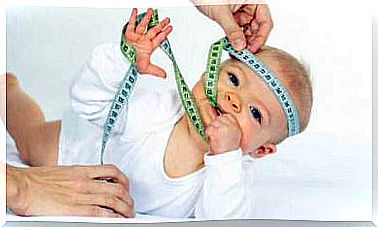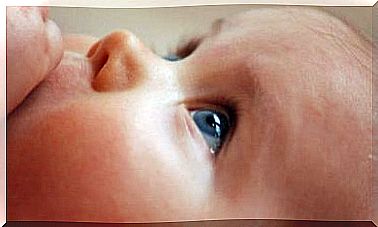4 Signs That Father Suffers From Postpartum Depression

Postpartum depression is often associated with women, but men can also get it. According to the World Health Organization, up to one in ten new fathers suffers from postpartum depression.
The changes caused by pregnancy do not end with the birth of a baby. Pregnancy and newborn care can put a lot of pressure on parents, and stress and changes in lifestyle and habits can affect fresh parents in many ways. Men also carry a heavy burden on their shoulders, although on the outside it may not seem like it.
The heaviest thing about postpartum depression is that a person has to present everything as well. In many cases, it may be difficult for a fresh father to admit that the situation is difficult and difficult for him. It is often easier for women to express their feelings without fear of the consequences – although it is true that too many women also continue to fail to talk about postpartum depression. The subject is still considered taboo even today, and many mothers and fathers may mistakenly think that suffering from postpartum depression makes a person a bad parent in some way.
4 signs that the father is suffering from postpartum depression

In men, symptoms of postpartum depression are not always associated with typical signs of grief. The origin of the problem is the same as in women, but in men, depression is more often seen as irritability and aggression than women. According to experts, paternity requires a lot of physical and mental effort, which can have psychological effects.
Anxiety
Anxiety is a common ailment both during pregnancy and after the birth of a child. It may seem to the parent that all things that come up after the birth of the child are permanent and it is no longer possible for the family to return to a so-called normal state of being. Experts say many new fathers are also worried that he will not be able to meet the child’s needs. Likewise, the father often worries about the child’s health and development – just as much as the mother.
Mood swings
If a man is inherently grumpy, his behavior may worsen after the birth of a child. As noted earlier, postpartum depression manifests as predominantly confusing behavior. Violent mood swings can be due to the man being on the defensive, and a bad wind can be a way to hide from fear and avoid questions.
Aggressiveness

Just like mood swings, aggression can act as a shield. It is good to remember that a man does not pretend, but his aggression arises on a psychological level. Also, the fear of being marginalized can make you act aggressive when a father assumes that sooner or later he will no longer have a job and will be replaced by a child. The newborn requires a lot of attention, and after giving birth, the mother’s attention has been very tightly attached to the baby for a few weeks, so the father’s feelings are somewhat understandable.
Lack of motivation and apathy
The aforementioned symptoms occur when a man responds to changes in his life. However, even the fact that the new father does not know how to help his partner can cause apathy. She may feel helpless, for example, because she does not know how to alleviate her spouse’s malaise or because she feels that she does not know how to take care of the child properly. Unfortunately, in some cases, the man is left out of the care of the child, which can understandably cause a feeling of discouragement.
Although all of the above symptoms are relatively easy to detect, they may not always be interpreted correctly. While dealing with a person suffering from aggression or severe mood swings may seem difficult, it is important for loved ones to help the fresh father in the situation. Patience, understanding, and love usually go a long way — just as when a mother suffers from postpartum depression. It is also definitely advisable to use professional help in serious or prolonged cases.









